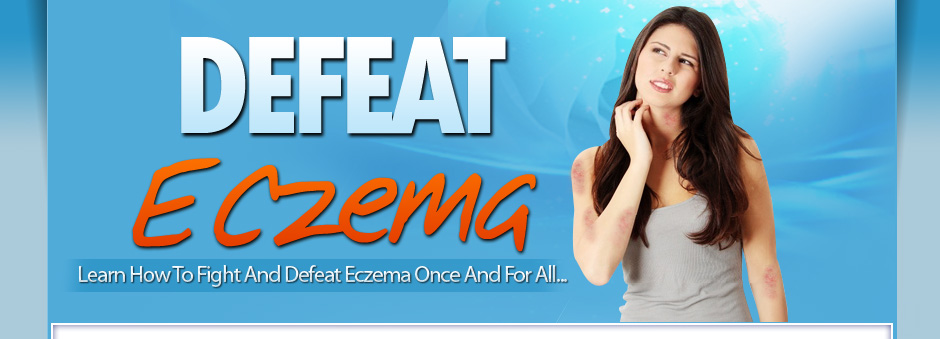If you suffer from eczema, you may have turned to
the internet or asked your doctor about treatment options. There are many ways to treat eczema, but they
aren’t one-time things. To successfully
manage and deal with eczema, you must make important lifestyle changes.
If you suffer from eczema, you may have turned to
the internet or asked your doctor about treatment options. There are many ways to treat eczema, but they
aren’t one-time things. To successfully
manage and deal with eczema, you must make important lifestyle changes. As hard as this sounds, it is key to living
your life without constant eczema flare-ups.
What lifestyle changes may need to be made? Honestly, it all depends on what causes your
skin irritation.
A common cause of eczema is certain foods. Many patients experience an outbreak after
eating milk, eggs, wheat, seafood, and peanut butter. Other foods can be the cause too. Although the risk of atopic dermatitis is
always present, you can significantly reduce the number of outbreaks and
flare-ups you have by eliminating certain foods. Keep a journal to compare what you eat to
when you have an outbreak. If you
believe you found a culprit, work on eliminating these foods from your diet.
Here is where the lifestyle change comes in. Eliminating food from your diet? That may be okay if your trigger factor is
seafood. Seafood tastes great, but isn’t
a necessity. On the other hand, we all
consume milks and eggs and on a regular basis.
There are alternatives, but they taste different and will take some
getting used to. You want to stop eczema
outbreaks, but you are also making a lifestyle change. For that reason, take it slow. If you think milk is the culprit, don’t automatically
eliminate it from your diet if you don’t want.
Instead, slowly start replacing it with the alternatives.
In addition to foods, another cause of eczema
flare-ups is exposure to certain airborne allergens. Some have experienced skin irritation when
coming into contact with dust and pet dander.
These too can lead to hard lifestyle changes. What if your parents have
a dog? Of course, you don’t want to
avoid seeing them, but discuss your eczema with them. You can meet outside of their home, avoid
direct contact with their dog, and wear covering clothes when visiting.
Another way to successfully treat eczema is to
make the switch to all-natural. Some
individuals experience flare-ups after coming into contact with certain
chemicals, like those found in scented laundry detergents and beauty
products. Luckily, this switch is more easier
to make. Get your body and skin back to its
original state with natural and organic beauty products, foods, and literally
anything else you can think of.
Treating eczema may seem like a winless battle,
but there is good news. Research has
shown that all natural treatment methods, such as Eczema Free Forever, are
successful at eliminating eczema flare-ups.
You can get more information at EczemaFreeForever

+ad1.jpg)
+ad2.jpg)
%2Bad1.jpg)